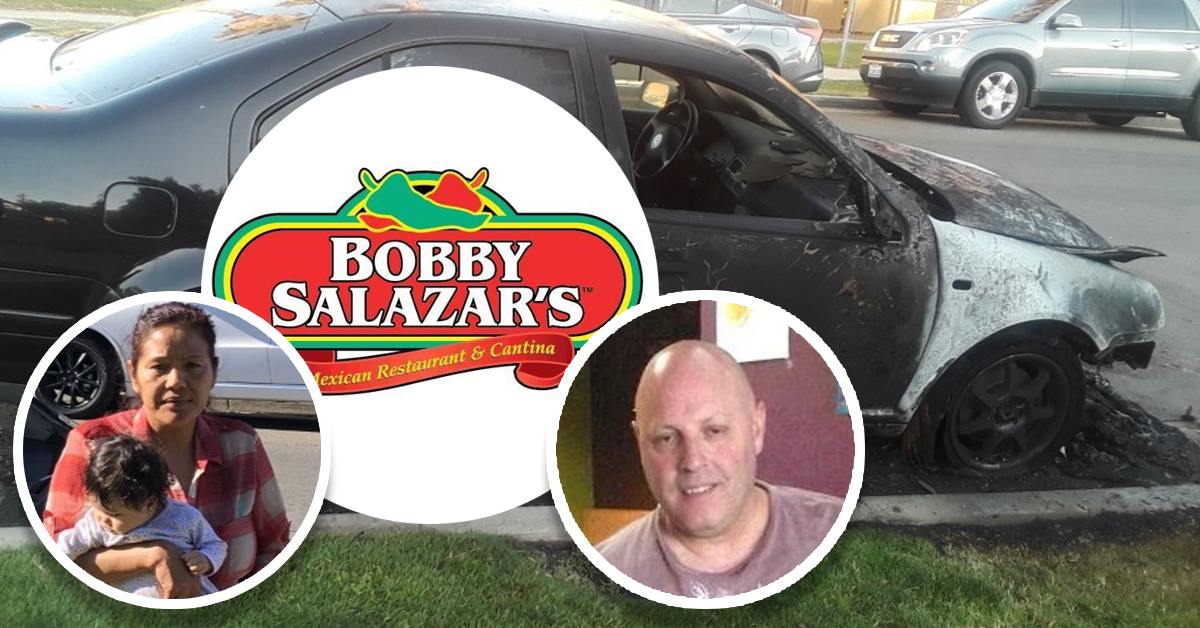Slowly but surely, Craig Scharton is losing the passive voice when discussing his political future.
I asked Scharton last week if he’s going to run this year for the Fresno City Council District 3 seat.
“I think I’m going to do it,” Scharton said.
That’s not exactly a Patton-like call to arms. But as you may recall, Scharton’s response last September to my same question was: “I wouldn’t say it’s out of the question. It’s something I’ve certainly thought about.”
Give Scharton another month and he could be sounding like the reincarnation of the Happy Warrior (the political original, of course, was New York’s Al Smith).
Scharton is just one of many possible successors to District 3 incumbent Oliver Baines, who is termed out in January 2019. Miguel Arias, H. Spees and Tate Hill have been part of the unofficial chatter for months.
Scharton is currently interim chief executive of the Downtown Fresno Partnership. I dropped by his office to ask two questions.
The first: Has the Partnership board named a permanent CEO? Not yet, Scharton said. He thought the announcement could come by February or March. I understand Scharton is in the running for the job.
The second question: What’s up with Scharton and the District 3 race?
Scharton is no stranger to political campaigns. He was a Fresno City Council member from 1987 to 1991.
As to why he’s still cautious about his plans with the June primary just over the horizon, Scharton said, “I always leave room for asteroids.” I took that to mean he’ll run unless something truly out of this world happens.
Scharton in the past four months has sharpened his message. When we spoke in September, he explained his agenda by posing a question: “How do you push revitalization? (A council seat) is certainly one of the ways revitalization can be pushed. I’m a very simple guy. I want our city healthy and revitalized.”
Scharton these days figures the only way to do that is by shaking up the status quo at City Hall. He said he wants to run “more to raise certain issues than anything else. My goal is to change the dialogue. From that standpoint, if the goal is to change the dialogue in our community, then there really isn’t a good reason not to do it.”
What is the content of the current dialogue that has Scharton so frustrated? If I understood him correctly, it’s the lack of imagination in political debate that is most maddening.
You know the campaign routine: Vote for me ‘cause I’ll be tough on crime. Same old, same old.
“I want to see the conversation elevated to: What are the districts’ and what are the city’s real priorities?” Scharton said. “How do we get to changing the quality of life in our community? ‘Tough on crime’ sounds good – and we should be tough on crime. But that’s not the whole picture.
“How do you really revitalize a neighborhood? How do you get partners involved that are really going to make changes in a neighborhood? How are we quantifying our actions so people can see whether we’re doing something and whether it’s working or not? How do you get the City Council to focus on being policy-makers instead of just voting on Tuesday? How do you develop good policy? How do we steer the ship better than we’ve been doing?”
Fresno when Scharton was a council member had a council-city manager government. Six council members were elected by district. The mayor, elected citywide, was the seventh council member. The city manager, hired and fired by the council, oversaw day-to-day operations.
Grand strategy – or “policy,” as it’s called at the city level – was set by the council.
It’s a whole new ballgame these days. We’ve got a strong mayor now. The council still prides itself on being a policy-making body. But that’s often more theory than practice. The strong mayor has almost all the levers of power. And the council in the 21st century faces the same fundamental problem that led Fresno voters in the late 20th century to kill the council-city manager model: Internal factionalism.
My brief chat with Scharton on Dec. 29 suggests he will make this council-mayor dynamic a key part of his District 3 campaign.
“I would say the strong mayor is really the administrator of the bureaucracy, and the City Council is the policy-maker that guides the overall organization,” Scharton said. “A City Council that is clear about its priorities as a group, and is focusing policy on addressing those priorities, will have much wider and larger impacts on the community. My goal, if I do go forward, will be to try to get those policy issues more in the forefront of the conversation.”
Scharton said he will wait a bit before revealing his specific policy preferences. But it was clear from both our on-the-record interview and our more freewheeling backgrounder that neighborhoods – what makes some thrive while others decay – is Scharton’s core issue.
Said Scharton: “Healthy neighborhoods produce healthy people.”










